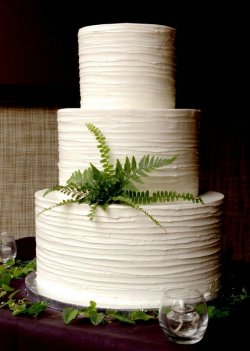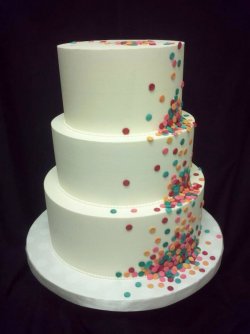- Thread starter
- #21
It is true that the young gay couple wanted a happy occasion without being hindered and there have been disappointments...These are young, idealistic people. And being turned away has an unfair judgement of shame that shouldn't ever taint a happy occasion such as a wedding, including a gay wedding. Truly this case is a fiasco.




